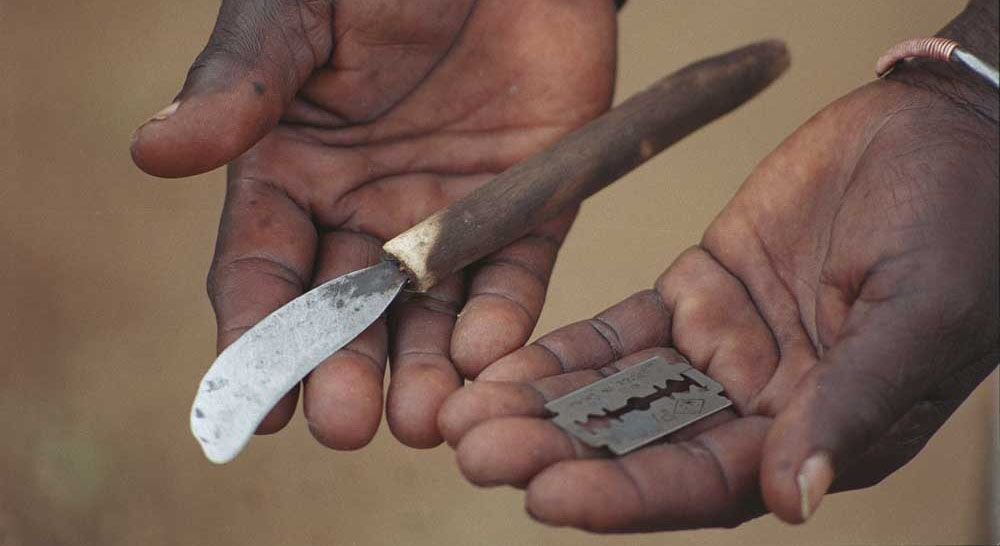[ad_1]
A new study has shown that Female Genital Mutilation (FGM) is a leading cause of death in the countries where it is practised, with over 44,000 additional women and young girls dying yearly.
According to the study by researchers from the Universities of Birmingham, United Kingdom (UK), and Exeter, FGM accounts for more deaths in these countries than any cause other than enteric infections – usually from consuming contaminated food or water – respiratory infections, or malaria.
The study shows that FGM remains legal in five of the 28 countries where it is most practised.
In a statement on Thursday, the researchers called for FGM to be made illegal in Mali, Malawi, Chad, Sierra Leone, and Liberia, “given that legal change can lead to cultural change.”
They also call for more efforts to eliminate FGM in countries where it is practised.
The research analysed the numbers of girls subjected to FGM in Benin, Burkina Faso, Cameroon, Chad, Cote D’Ivoire, Egypt, Ethiopia, Guinea, Kenya, Mali, Niger, Nigeria, Senegal, Sierra Leone, and Tanzania.
It said a 50 per cent increase in the number of girls undergoing FGM increases their five-year mortality rate and that it leads to estimated 44,320 excess deaths per year across countries where the practice takes place.
Co-author James Rockey from the University of Birmingham said the findings show that FGM is a leading cause of death amongst girls and young women in countries where it is practised, but lasting change requires changing attitudes towards FGM in these communities.
Mr Rockey said there is cause for optimism, as work on non-communicable diseases shows effective interventions are possible, but that change in “patriarchal attitudes” often lags other societal change.
“An important first step would be for FGM to be made illegal in the countries where it is within the law, given that legal change can lead to cultural change,” he said.
)
[ad_2]
Source link



